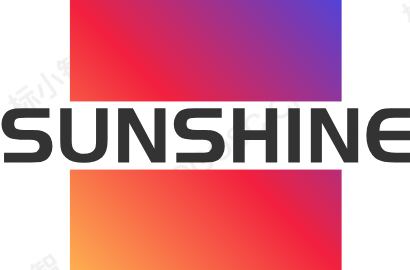How to choose a decoration company in Thailand?
When choosing a decoration company in Thailand, it is necessary to consider the local market characteristics, cultural habits, and personal needs, and ensure quality and cost-effectiveness through systematic screening and evaluation. The following are specific steps and suggestions:
- Clarify requirements and budget
Project type: Clearly define whether it is residential, commercial, or office renovation, and whether partial renovation or full house renovation is required.
Style positioning: Thai traditional, modern minimalist or mixed style? Collect reference images in advance.
Budget range: There is a significant difference in decoration prices in Thailand, with ordinary residential properties costing around 800-1500 Thai baht per square meter and high-end projects costing over 3000 Thai baht per square meter.
- Search for candidate companies
Local channels:
Word of mouth recommendation: Recommended through Thai homeowner communities (such as Facebook groups, ThaiVisa forums) or friends.
Offline inspection: Visit building materials markets (such as HomePro, Boonthavorn) or newly constructed properties to find cooperative contractors.
Platform recommendation: Local Thai platforms such as Prosana and NocNoc provide decoration company screening services.
Online search: Search using Thai keywords (such as “บริษัทออกแบบภายใน”), and follow Google Maps rating (4.0 or above is more reliable).
- Evaluate the company’s qualifications
Legal registration: Check the company’s business license (which can be verified through the website of the Thai Ministry of Commerce) and tax registration.
Industry certification: such as TICA (Thai Interior Designers Association) membership or ISO certification.
Local experience: Priority should be given to companies with more than 5 years of experience and similar project cases, especially paying attention to whether they are familiar with Thai building materials (such as local tiles, teak wood) and climate (moisture-proof, ventilation design).
- Review works and conduct on-site inspections
Case study: Request completion cases from the past 3 years, with a focus on:
Detail processing (such as edge trimming, water and electricity routing).
Solutions to common problems in Thailand, such as ant prevention and rainy season waterproofing.
Field visits: Visit 1-2 construction sites to observe site management, material stacking, and worker operation standards.
- Quotation and Contract Details
Sub item quotation (ตัวอย่างงบระมาณ):
Compare quotes from at least three companies, paying attention to whether they include hidden costs such as design fees (usually 5-10%) and garbage disposal fees.
Reference for labor costs in the Thai market: approximately 400-600 Thai baht/day for bricklayers and 300-500 Thai baht/day for electricians.
Contract terms:
Clearly define the construction period (such as delay compensation, which is commonly 0.1% of the contract amount per day in Thailand).
Designated material brands (such as PPG paint, SCG building materials, and other commonly used Thai brands).
Installment payment ratio (recommended to be paid in stages of 3:4:2:1).
- Communication and Cultural Adaptation
Language proficiency: Ensure that the team has communication skills in English or Chinese (if required), and important documents need to be bilingual.
Working habits: Thai people attach importance to “respect” and avoid hard criticism. They can modify their needs through tactful communication with intermediaries.
Religious factors: The project schedule may be affected by Buddhist festivals such as the Water Splashing Festival and needs to be planned in advance.
- Construction supervision and acceptance
Key node inspection:
Acceptance of concealed water and electricity engineering (Thai standard TISI certification materials).
Waterproof test (especially for bathrooms, a 72 hour closed water test is required).
Environmental issues: Thailand’s VOC emission standards are relatively relaxed, and low formaldehyde materials (such as E1 grade boards) may be required to be used.
- Alternative solutions and dispute resolution
Dispute Resolution: In case of disputes, you can contact the Consumer Protection Board of Thailand (OCPB) or send a letter through a lawyer (หนังสือเตือน).
Backup plan: Prepare 10-15% budget buffer to deal with common additional items (such as structural problems discovered after wall demolition).
Recommended decoration resources in Thailand
Design company:
Sunny Cottage Co., Ltd (High end Commercial Project)
Onion Design (Artistic Style Residence)
building materials market:
Index Living Mall (One Stop Furniture)
Baan&Beyond (Modern Style Soft Decoration)
Through the above steps, combined with the actual situation in Thailand, screening can significantly reduce risks. It is recommended to prioritize teams with service experience in cities with a large Chinese population, such as Bangkok and Chiang Mai, for easier communication and rights protection.
Original article, author:SUNNY COTTAGE CO., L,If reproduced, please indicate the source:https://www.decorationbydiana.com/22228/
